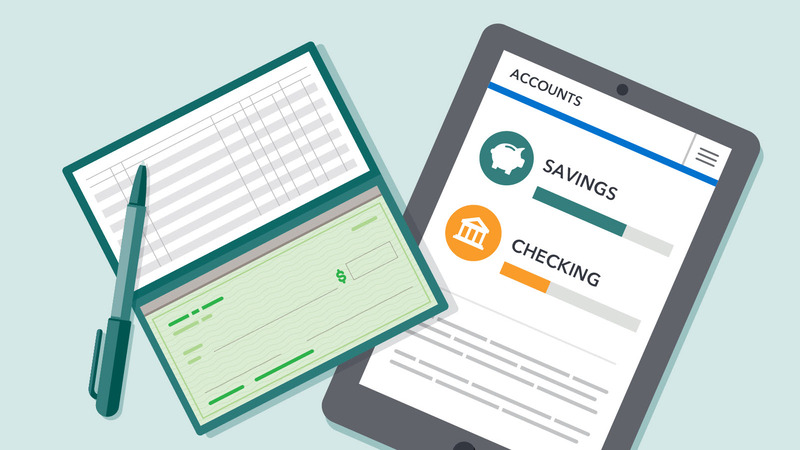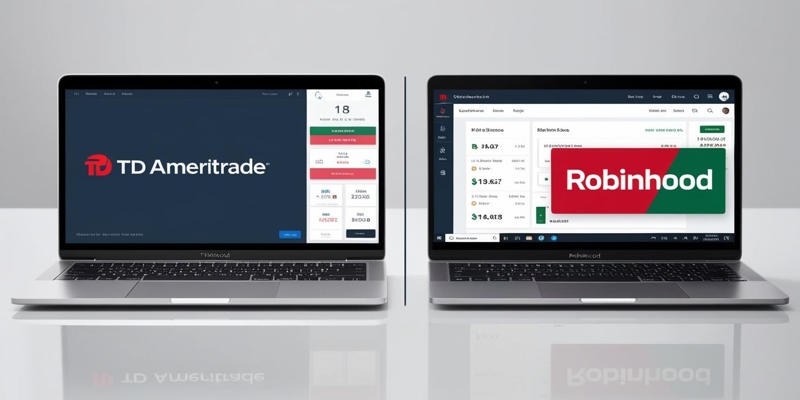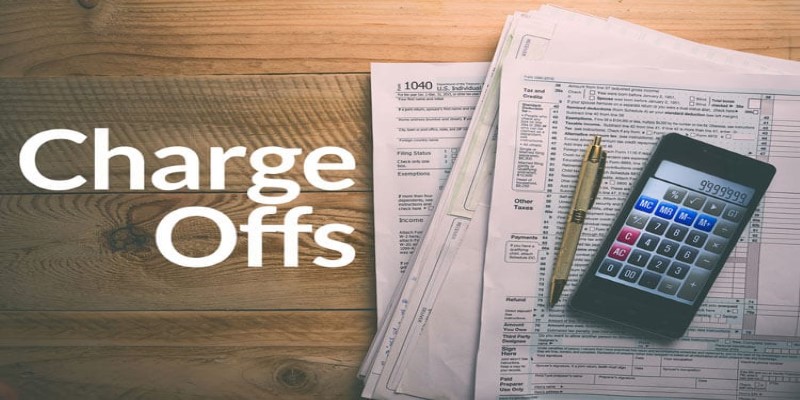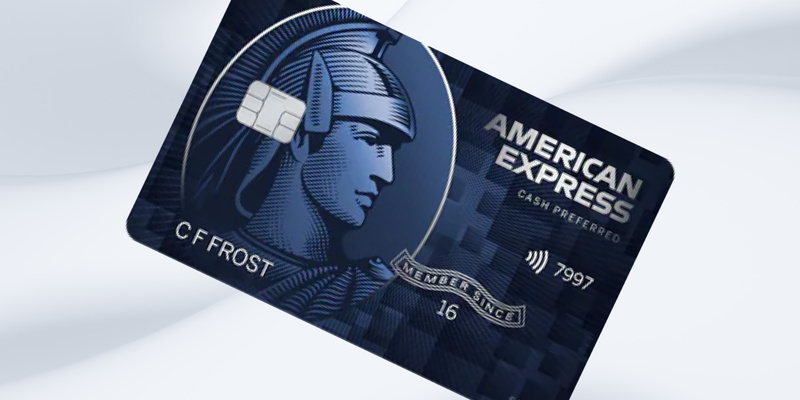Advertisement
Relocating to another country can be a thrilling adventure with various new chances and difficulties. One substantial difficulty lots of expats confront is the creation of credit in unfamiliar surroundings. Different from your native country, where you might have built up a history of credit, in this new nation, generally you begin anew. This article will give a detailed examination of constructing credit in foreign countries, why it's vital to comprehend what an international credit score means and action points you can follow to set up a good credit history if you're residing in another nation.
Before you can create credit in a different country, you must know about the local system of credit. Various countries have diverse methods regarding credit scores and their reporting. In certain countries, the model for scoring credits might be analogous to what happens in the United States while other places may possess a unique method. Start with study about the main credit agencies in your new country, and also what things impact credit scores. This basic understanding will assist you to move through the territory of credit and stay away from usual mistakes. Comprehending what lenders take into account when they evaluate how much trust can be put in your financial credibility is very important for creating a successful plan to increase your credit.

To start building credit in a different country, you should first open a bank account there. Doing this makes financial transactions easier daily and lays the foundation for creating your credit history. Plenty of banks will ask you to show identification and proof of where you live, so get ready to offer documents like your visa, lease agreement, and an ID issued by the government. After you open your bank account, think about getting a credit card because it's an ordinary method for developing credit. If you sensibly use your credit card and pay on time, this can improve your record of loan repayment. This shows lenders that you are trustworthy regarding borrowing money.
To start building credit in a new country, one useful method is to apply for a domestic credit card. As every bank has different standards for giving out credit cards, it's crucial to find the right fit to suit individuals who are newcomers or expatriates. Some banks provide a secured type of credits cards that need you as an applicant to put down some deposit money as a guarantee. This choice might be easier for you if you don't have a credit history. Once your card arrives, use it for everyday purchases. But remember to keep the balance low and pay off the complete amount punctually every month. This good practice will help establish your credit record and show financial dependability to those who may lend money in the future.
Another successful approach to developing credit in a new nation is making a payment track record with the local utility firms. A lot of these providers, including the ones for power, gas, and water supply typically share your repayment records with credit offices. By having utilities registered under your name and paying on time, you can build up a good credit history. You should make sure to ask your utility suppliers about how they report so that it is helping with your credit score. Also, keeping a consistent payment history for things such as internet and mobile phone plans can help build up your credit profile more.
When you work to build credit in a new country, keeping an eye on your progress is important. Many organizations that manage credit offer no-cost access to the report of your credit, letting you observe differences and evaluate how your finance-related actions impact it. Routinely looking over this report can assist in identifying any inaccuracies or suspicious activity potentially harmful to your score of credit. If you see any inconsistencies, you have the option to challenge them with the bureau so that your credit history truthfully represents how you manage finances. To watch over your credit is not only for understanding progress but also it preparing yourself in dealing with future financial matters, like when thinking about loans or mortgage applications.

Making connections with local lenders could help create credit in a different country. When you get to know the financial organizations in your new place, think about going to workshops or info sessions they might offer. This involvement can give understanding of how loans work and ways to improve your ability to borrow money successfully. Additionally, keeping clear talk with your bank or credit union can make it simpler for you to use financial products and services later on. Building a good relationship with nearby lenders may give chances for improved credit conditions and improve your total experience as you find the way around the financial environment in your new residence.
To wrap it up, relocating to a different country has its difficulties. This is particularly true when establishing credit in a new country. By learning about the local system of credit, getting yourself a bank account at a local bank, requesting a credit card from that same institution, and setting your reputation as reliable with utility companies by regularly paying your bills, you can successfully manage this process of building credit. Additionally, tracking how well you're doing on your financial journey and creating strong relationships with lenders aids considerably too. Such an active plan not only assists in acquiring financial offerings within your newly adopted home but also shapes the groundwork necessary for forthcoming fiscal stability.
Advertisement

By Vicky Louisa/Dec 27, 2024

By Alison Perry/Oct 18, 2024

By Verna Wesley/Dec 25, 2024

By Aldrich Acheson/Oct 29, 2024

By Elena Davis/Jan 02, 2025

By Maurice Oliver/Dec 26, 2024

By Susan Kelly/Nov 30, 2024

By Juliana Daniel/Jan 01, 2025

By Madison Evans/Oct 18, 2024

By Christin Shatzman/Oct 14, 2024

By Martina Wlison/Dec 26, 2024

By Vicky Louisa/Dec 15, 2024